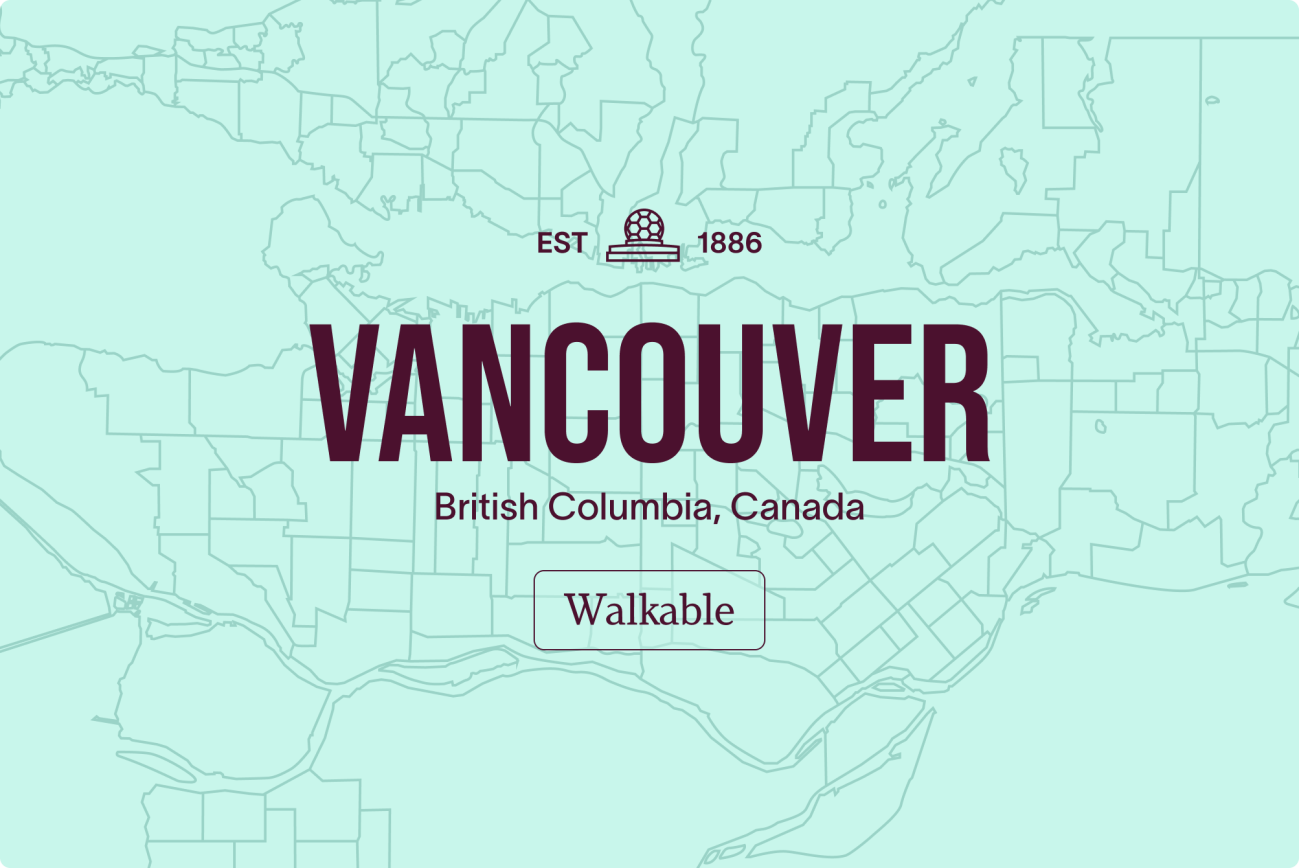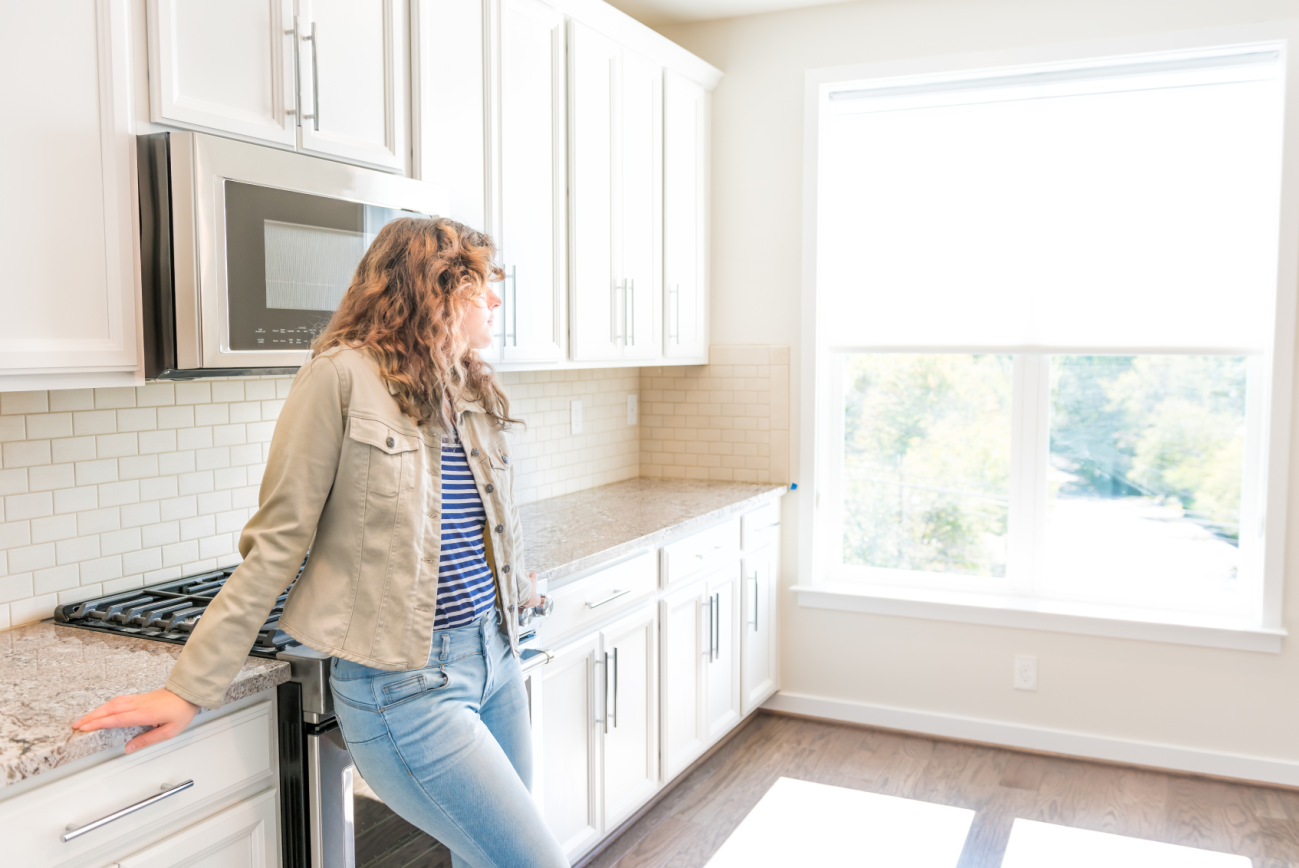Canada is known for its vast land masses with one of the lowest population densities in the world. This might make land ownership and building your own home a pleasing prospect. Some buyers purchase land to build on, others customize pre-built homes, and many also buy land that’s likely to accumulate value. But how does that work logistically? Let’s explore buying land and building your own home.
How to find land to build on
Real estate agents specializing in land sales can be a great resource for on and off market listings. When you’re meeting with real estate agents, ask about their specific experience with land sales and find someone who has a good pulse on the market.
Plot listings that have expired or been up for a long time could also lead to a landowner who is eager to sell and tired of relisting. Some sellers buy land to build on but second guess the process when they realize what it entails, and are ready to sell again.
Home owners with houses on bigger plots of land may also find ways of using their existing land to build a smaller home. In some municipalities, you may be able to split your existing property into parts, sell your existing home, and build a new smaller home on the purchased plot of land. This involves permits and a good understanding of city codes which your lawyer can help you navigate effectively, but it can be an appealing alternative to buying a new plot of land.
Evaluate the potential value of the land you’re buying
The value of your property will include both the home you’re building and the land you’re building on. If you build a high-value home on a plot of land that’s far away from schools, right next to a busy highway, or in a potential flood zone, you might have trouble making back what you invested in the house itself. Explore local listings to see what a comparable home on a local plot of land is selling for, and ask your agent to help evaluate cost and eventual value.
You can’t build just anywhere
Your real estate agent should be able to tell you how a plot of land is zoned, and whether it’s protected by a Conservation Authority. Permits and bylaws can affect where you can build or expand, and how much it costs to do so. Zoning laws establish if and what can be built on a specific plot of land. Some land plots will allow for commercial building, but not personal living.
Is it cheaper to buy or build a house?
The way in which you build has a massive impact on the price of building a house. You may hire a contractor or architect to build your dream home or you might buy a ready-made home from a housing developer who brings the house to you. The kind of land you buy and whether it’s already set for construction affects your costs as well. Compare vendors and contractors and get multiple quotes, rather than choosing the first person who comes along.
Various factors that influence home building costs
- The allowance of how you can build may influence the cost of building. Some zoning restrictions have legal requirements for how close to the road or neighbours a building can be, which affects the size and type of construction allowed.
- The down payment and lending costs, legal fees, and administrative costs.
- Was the property previously built upon? Raw land could require costly construction or installation for sewer systems, water access, power or electric gridwork, cell service, or natural gas. Make sure you understand the cost of running power lines, installing wells, and getting every part of your home up and running.
- The type of home constructed by a contractor is one of the biggest financial factors in building a home. If you’re choosing a turnkey model where every aspect of the home is handled by one contractor, you’ll save hassle but may pay more.
- The placement of your driveway, lawn, or backyard.
- The cost of grading or preparing the land for building.
Tips to save on home construction
- Talk to people who have purchased land and built homes to get a clear sense of the process.
- Make sure you’ve fully thought through the time commitment you’re making. The initial permitting, purchasing, clearing, and planning itself can take several years. Buying a plot of land to build means a delayed, uncertain move-in date with inevitable surprises and construction delays that drag out the timeline.
- Hiring a province-licensed land surveyor to properly establish the boundaries of your land is a relatively low cost step that can save you tens of thousands of dollars and help you understand your building options and limitations.
- Get second opinions on permit costs, access to power grids, and any other big factors that could have consequences if not accurately estimated.
- Consider the cost-saving value of a customizable home from a contractor rather than hiring an architect to build a custom home from scratch.
- Choose the size of your home thoughtfully. Do you really need a big house? Consider how you’re living now, which rooms you use regularly, and what your true needs are for your future home.
- Don’t forget about the driveway, the backyard, or the garage. Consider the full picture of all the buildings and amenities you’ll need to build and whether you have enough space for them with zoning restrictions.
- Get fully briefed on local bylaws and costs for construction in your area. Some municipalities might have rules about when construction can happen.
- Remember that most Canadian towns and cities have a long, cold winter. There’s a popular joke in Canada that there are two seasons: winter and construction! This is because there’s a big stretch of the year when it isn’t possible to build in Canada. Consider this when you’re building a plan to start construction on a home.
- Hone in on the details: cell service in and around the site of the home, flight paths or nearby trains, and any potential future construction plans to build roads, buildings, or highways in the area.
- How far is the potential home from other resources?
How to finance a land purchase
Land purchase financing differs from traditional mortgages because land is harder for a lender or bank to sell if you default on a loan. Land is typically cheaper than a finished home, but any mortgage relating to a land sale typically requires a higher down payment and interest rates than a home sale. Your real estate agent and lawyer can help you establish the right way to finance a plot of land.
Land mortgage
- A mortgage based on the value of the land you are buying; similar to how a house mortgage works, but usually with higher interest rates and down payments.
Construction mortgage
- A mortgage that finances the land being purchased and the building that will be constructed.
- These loans typically happen in phases, and some construction mortgages may allow you to borrow during building and only require actual mortgage payments once the building is constructed.
Other financing options
- Agricultural loans through the Canadian Agricultural Loans Act (CALA)
- Home equity loans based on a property you already own
- Special arrangements that allow for financing directly from the person selling you the land
- Personal bank loans and private lenders
Houseful can help with your home search
Homebuying can be a daunting process, that’s why Houseful is here to provide support and guidance at every step of the way. For a new and differentiated homebuying experience, sign up at houseful.ca.
Let’s find you a home!




